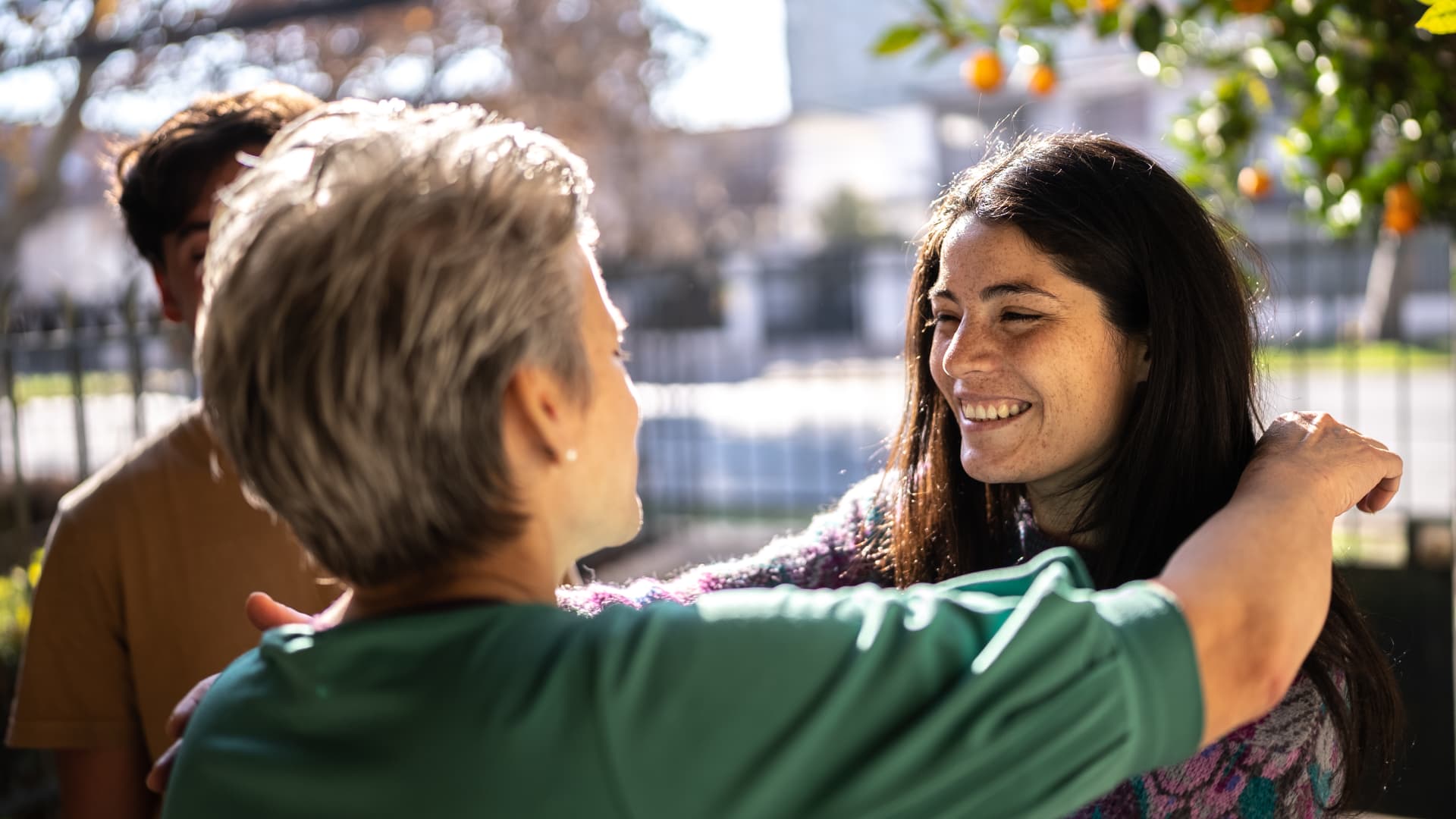
While the holidays are a joyful time for many, they can also be difficult for those recovering from eating disorders (ED).
"They're very food-centric holidays," says Marshall Beauchamp, assistant professor in the Applied Psychological Science Program at Pacific University and a licensed psychologist who researches eating disorders and their treatments, "So much revolves around food."
Thanksgiving, Christmas, Hanukkah and even Halloween are all occasions with a major food component, which can be triggering for people who've recently stopped harmful eating behaviors, Beauchamp tells CNBC Make It.
But, that doesn't mean that if you're recovering from an ED that you can't have a wonderful holiday season with the people you care about, he says.
Here are some tips for approaching the holidays while in recovery and resources to keep in your back pocket.
8 tips for navigating the holidays while recovering from an eating disorder
- Acknowledge that the holidays may be stressful for you
- Schedule a session specifically to talk to your therapist or mental health professional about any anxieties you have about this time of the year, and develop strategies to address those fears
- Identify the trigger foods that may be present. Depending on where you are in recovery, you can either make a plan to limit exposure to those foods or see this as an opportunity to challenge yourself to try them.
- Find a purpose for the holiday that's specific to you and is shifted away from food. Maybe look forward to playing games, watching movies or building a snowman
- Think about how you'll address loved ones who have food-based or weight-based conversations often
- Recognize what's true versus what the negative voice in your head is telling you, and write down positive statements to respond to any negative thoughts that may appear.
- Focus on self-care like reading, meditating and spending time with friends
- Have a safety buddy to talk to about your stressors
"The big thing to keep in mind is sometimes it's not going to be a one-size-fits-all type of situation, or that one particular strategy is going to be working," says Beauchamp.
"We don't want to be so rigid with our plans or rules that it kind of sets you up for failure. You want to set some realistic goals and expectations for yourself, and recognize that it's okay if you have a setback or if you struggle."
Resources to use, if you need them
A clinical psychologist shares 8 tips for navigating ‘very food-centric holidays’ if you’re in recovery from an eating disorder - CNBC
Read More

No comments:
Post a Comment